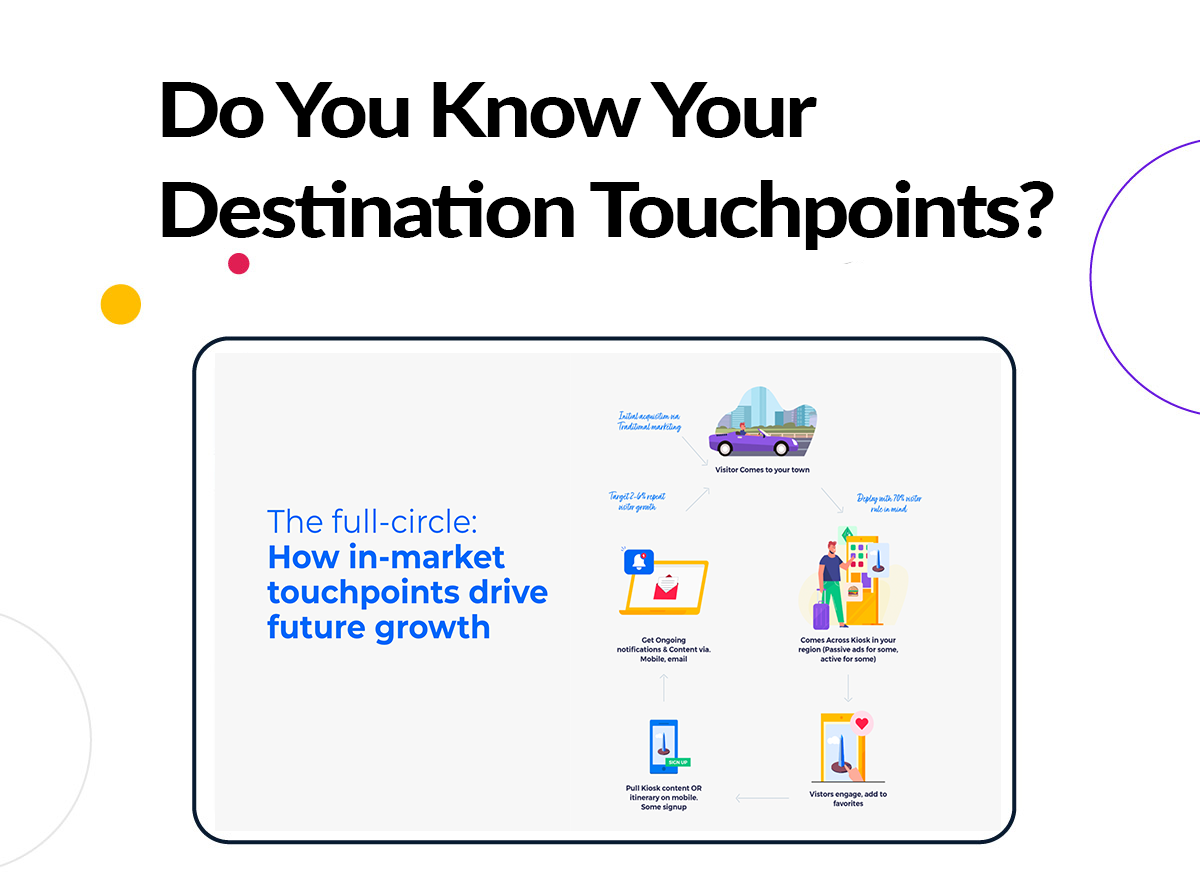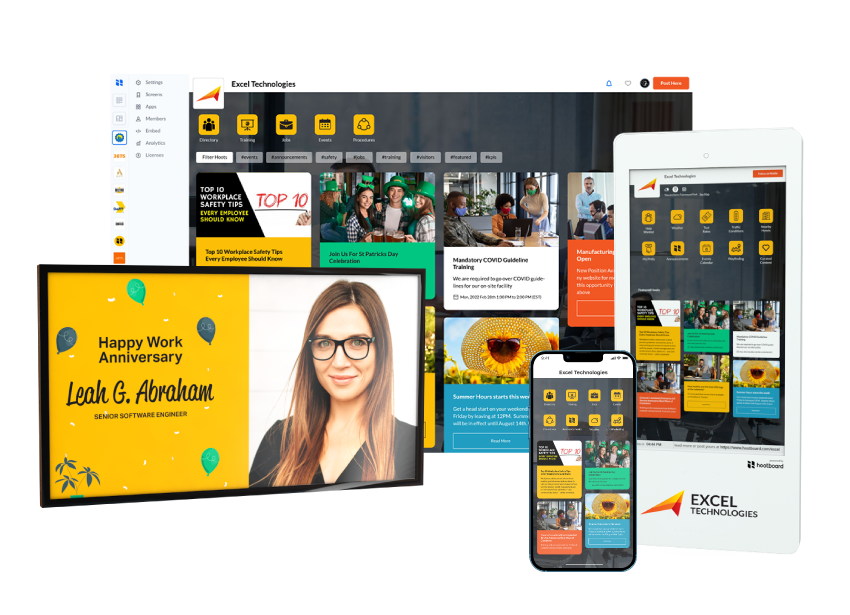The importance of destination management in tourism cannot be overstated. Not only does it play a vital role in the success of a particular destination, but it also contributes significantly to the overall growth of the travel and tourism industry.
- Destination management encompasses a coordinated process involving various stakeholders.
- It plays a vital role in managing tourism at a specific location.
- Destination management can contribute to sustainable tourism.
- It helps boost the area’s local economy.
Destination Management: A Holistic Approach
Destination management takes a holistic approach to promoting a particular location as an attractive tourist destination. It involves several different aspects, such as market research, the development of unique selling points, management of local resources, and marketing efforts.
- Destination management initiatives include market research to understand potential visitors’ needs and pain points.
- Unique selling points of the destination are identified and promoted.
- Local resources are managed effectively for sustainable tourism.
- Marketing efforts are directed toward the target audience through appropriate channels.

Benefits of Destination Management
There are many benefits that destination management brings to the tourism industry. These benefits extend beyond attracting more visitors and generating more money for the local economy.
- It promotes sustainable tourism by ensuring the judicious use of local resources.
- It helps attract investment into the local community and businesses.
- Destination management contributes to economic growth by boosting tourism.
- It enhances the travel experience for tourists by addressing their needs and expectations.

Role of Destination Management Companies (DMCs)
Destination management companies (DMCs) play an essential role in bringing a tourism destination to life. They work closely with local businesses, tour operators, and tourism boards to create a compelling visitor experience.
- DMCs collaborate with local businesses and tour operators to offer attractive packages.
- They work with tourism boards to align their marketing campaigns with wider destination marketing strategies.
- DMCs help promote destinations both locally and internationally to attract visitors.
- They contribute to the local economy by generating ticket sales, promoting local attractions, and creating jobs.

Effective Destination Marketing Strategies
Effective destination marketing strategies are a key part of destination management. These strategies aim to promote the destination to a wider audience, attract more visitors, and outperform other travel brands.
- Market research is conducted to understand the target audience and their preferences.
- Stunning visuals and valuable information about the destination are shared on social media platforms.
- Marketing campaigns are tailored to highlight the unique attractions that the destination offers.
- Collaboration with travel brands can help reach potential travelers who might not be reached otherwise.
Destination management is an essential part of the tourism industry. It involves a holistic approach that includes marketing, managing tourism at the destination, and working with local businesses and residents to create a memorable experience for visitors. By doing so, it helps promote destinations, boost the local economy, and contribute to sustainable tourism.

Examples and Responsibilities of Destination Management Companies (DMCs)
Destination Management Companies (DMCs) are crucial in shaping the tourism experience. They have a wide array of responsibilities that are aimed at promoting tourism and contributing to the local economy. Here’s a list of some of the key activities and responsibilities of DMCs.
- Plan and Organize Tour Packages: DMCs collaborate with local businesses and tour operators to create customized tour packages that highlight the best that the destination has to offer.
- Local Expertise and Guidance: They provide local expertise and guidance to tourists. They are well-versed with local customs, attractions, and are able to provide tourists with in-depth knowledge about the destination.
- Marketing and Promotion: DMCs work towards promoting the destination through various marketing strategies. They leverage both traditional and digital media to reach a wider audience.
- Liaison with Local Stakeholders: DMCs act as a liaison between multiple stakeholders in the tourism industry, including local businesses, government agencies, and tourists.
- Event Management: They provide event management services, including the planning and execution of conferences, meetings, and special events.
- Sustainability Practices: DMCs are responsible for enforcing and encouraging sustainable tourism practices to preserve the destination’s natural and cultural resources for future generations.
- Transportation Services: They provide transportation services, ensuring smooth travel experiences for tourists.
- Accommodation Arrangements: DMCs collaborate with hotels and other accommodation providers to arrange comfortable stays for tourists.
- Emergency Support: They also offer support in case of emergencies to ensure the safety of tourists. This includes providing travel insurance, medical assistance, and evacuation services.
- Economic Impact: DMCs have a significant economic impact on the destination’s local economy by generating employment opportunities, attracting investments, and promoting local businesses.
You destination marketing campaigns can also be advised by the management team. This can help inform your destination management strategy.

HootBoard Can Help Destination Management Companies
If you’re a destination management company looking to enhance your services, HootBoard can help!.HootBoard is a digital platform that allows DMCs to connect with their clients and provide them with valuable information, promotions, and updates. Here’s how HootBoard can benefit DMCs:
- Real-Time Communication: DMCs can communicate with tourists in real-time through HootBoard’s digital platform. This allows them to provide timely updates and information, enhancing the overall travel experience.
- Engage with Visitors: DMCs can engage with visitors by sharing engaging content about the destination, local events, and attractions on HootBoard’s digital bulletin boards.
- Promote Local Businesses: By partnering with local businesses, DMCs can promote them on HootBoard, helping boost their visibility and driving more business to them.
- Efficient Information Sharing: With HootBoard’s digital platform, DMCs can efficiently share important information with tourists, such as weather updates, transportation schedules, and emergency contacts.

Conclusion
Destination management is a critical aspect of the tourism industry. It involves promoting a destination, managing tourism activities, and collaborating with local stakeholders to create a memorable experience for visitors. Destination Management Companies play a crucial role in this process by providing valuable services such as tour planning, marketing, event management, and transportation services. With the help of digital platforms like HootBoard, DMCs can enhance their services and better connect with their clients, ultimately contributing to the success of destination marketing strategies. So, it is essential for DMCs to continuously evolve and adapt to changing trends to ensure the growth and sustainability of destinations worldwide.






